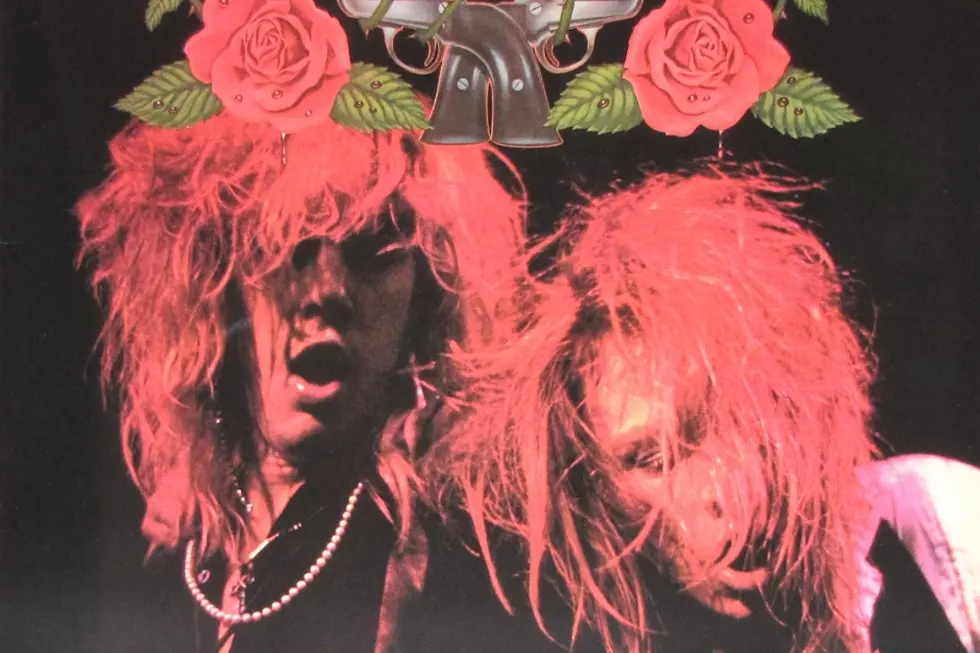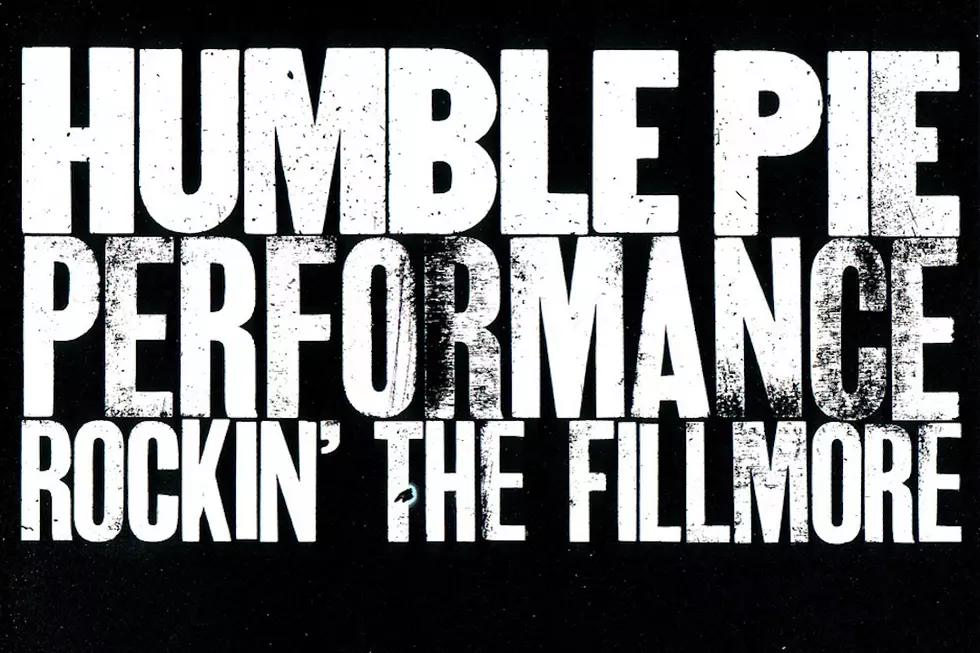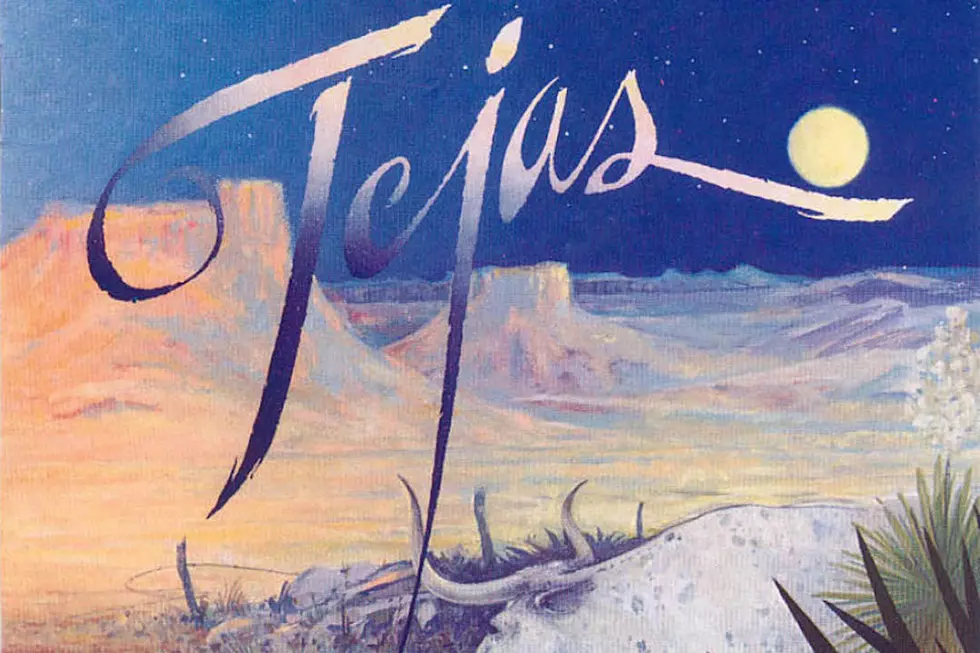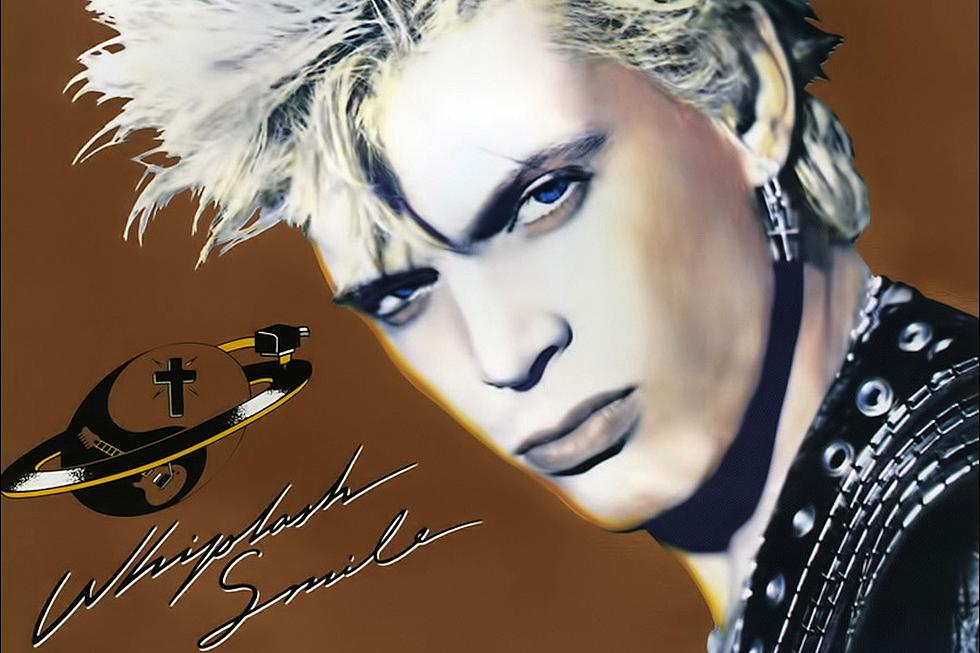
Eduardo Rivadavia (aka Ed Rivadavia) was born in São Paulo, Brazil, and by his late teens had already toured the world (and elsewhere), learning four languages on three continents. Having also accepted the holy gospel of rock & roll as his lord and savior, Eduardo became infatuated with the New Wave of British Heavy Metal and all things heavy, crude, and obnoxious while living in Milan, Italy, during the mid-1980s. At this time, he also made his journalistic debut as sole writer, editor, publisher, and, some would claim, reader of his high school's heavy metal fanzine, earning the scorn of jocks and nerds alike, but uniting the small hardcore music-loving contingent into a frenzied mob that spent countless hours exchanging tapes, talking shop, and getting beat up at concerts. Upon returning home to Brazil, Eduardo resumed a semi-normal existence, sporadically contributing music articles to local papers and magazines while earning his business degree. Finally, after years of obsessive musical fandom and at peace with his distinct lack of musical talent, Eduardo decided the time had come to infiltrate the music industry by the fire escape. He quit his boring corporate job, relocated to America, earned his master's degree while suffering the iniquities of interning for free (anything for rock & roll!), and eventually began working for various record labels, accumulating mountains of records and (seemingly) useless rock trivia in the process. This eventually led him back to writing, and he has regularly contributed articles to multiple websites since 1999, working with many different rock genres but specializing, as always, in his personal hobby: hard rock and heavy metal. To quote from the insightful 'This Is Spinal Tap': "People should be jealous of me...I'm jealous of me...." Eduardo currently resides in Austin, TX, with his wife, two daughters, and far more records, CDs and MP3s than he'll ever have time to listen to.












